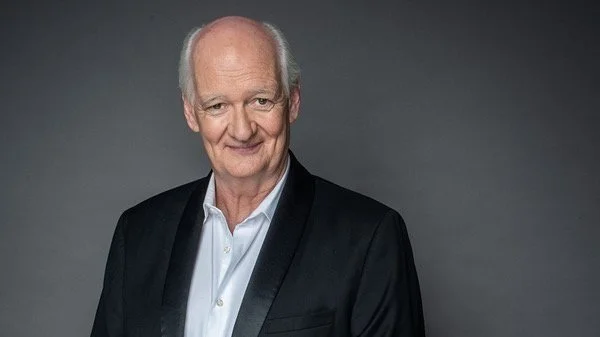Theatre review: Darkly comedic Medicine rides manic energy and chaotic events inside one man's mind
With spot-on staging and solid performances, Pi Theatre production brings out the material’s dark introspection and surrealism of its play-within-a-play
Genevieve Fleming and Nyiri Karakas in Pi Theatre’s Medicine. Photo by Sarah Race Photography
Pi Theatre presents Medicine to June 23 at Vancity Culture Lab
PARTY STREAMERS SCATTERED around a drab hospital room: that imagery from the set of Pi Theatre’s production of Medicine pretty much encapsulates the unique tone of the show.
The play, written by Irish playwright Enda Walsh, mixes whimsy with unsettling reality, taking us into the innermost thoughts of John, a mentally ill protagonist. Director Richard Wolfe's energized production brings out the material’s dark introspection and high-strung surreal impulses with spot-on staging and solid performances.
The hospital room—really a multipurpose space within a mental institution—serves as the setting where long-term patient John (Jay Clift) undergoes a form of dramatherapy. Amid the leftover party clutter, he digs up memories and pre-recorded therapy sessions that he’s shaped into the form of a script for two actors. Accompanying all this is an unnamed, nonspeaking, and hilariously disinterested drummer (played by musician Stephen Lyons).
Even after accepting this premise at face value, Medicine is anything but straightforward. As the subdued John and the two struggling hired actors, Mary 1 (Nyiri Karakas) and Mary 2 (Genevieve Fleming), dramatize key moments and figures from John’s past, the play keeps you questioning reality as increasingly strange, chaotic, and somber events unfold around their acting exercise.
On one level, the play within the play of Medicine reveals the depths of John’s stifled and suppressed life. His vivid and melancholic reflections, as we come to learn, stem from someone who has lived imprisoned inside his head for most of his life. His words speak of a lonely childhood filled with notebooks of poetry that his father, an “unlearned rustic with infinite spite”, scorned; his mother, the “embittered queen” of their small rural Irish town, ignored; and his peers cruelly mocked. Pyjama-clad and with unkempt hair, performer Jay Clift plays John with a gentle and damaged demeanour. He's easily sympathetic and at times deeply affecting, especially toward the play’s end.
In a fittingly dark twist, the biggest obstacles to his therapeutic healing are the two “professionals”—the Marys. Their actorly tiffs, stirred up by Mary 2’s histrionic self-importance, frequently interrupt the re-enactments. Jumping back and forth between John’s gloomy writings and these moments, much of the humour in Medicine reads as backstage comedy. Mary 2 takes it upon herself to edit John’s script, eager to skip ahead to something “dramatic”, and dismisses Mary 1 as a secondary actor, “an extra, basically”.
Jeff Clift in Medicine. Photo by Sarah Race Photography
Fleming plays Mary 2 eerily well, always wearing a big smile that puts you on edge. She veers between being dismissive, calling John needy, and being a quiet menace. Sometimes she bangs on the glass of the recording booth (which doubles as a dressing room) to shut down exchanges between John and the other Mary, or erupts in manic energy that bursts into violence. More of the straight man, Mary 1 (played with groundedness and charm by Karakas), empathizes with John as time goes on. But even her best efforts can’t get to the bottom of what’s really going on, or grasp the validity of the theatrical mess in which the mismatched characters have all become entangled inside the claustrophobic room.
Each character is swept up in the play’s disorienting turns, ranging from pop musical numbers to wig changes, unexplainable gusts of wind, and bouts of screaming. This frenzy comes together through some very well-executed design. Voiceovers, dialogue, sound effects, jazz drumming, and some of the most satisfyingly precise lighting design that’s hit local stages in awhile seamlessly riff off one another—and occasionally fire all at once. The choreographed chaos creates a fast-paced jumble that arguably mirrors the protagonist’s state of mind.
Any kind of breakthrough for John seems more distant as the session further descends into murky and abstract territory. It’s all darkly comedic and even dryly pessimistic, though the play’s ending does offer a small sliver of hope. But like the manic energy running through it, Medicine feels intentionally hard to pin down. If you're up for the challenge, though, you'll find a sharp, lively, and impressively executed production. ![]()














